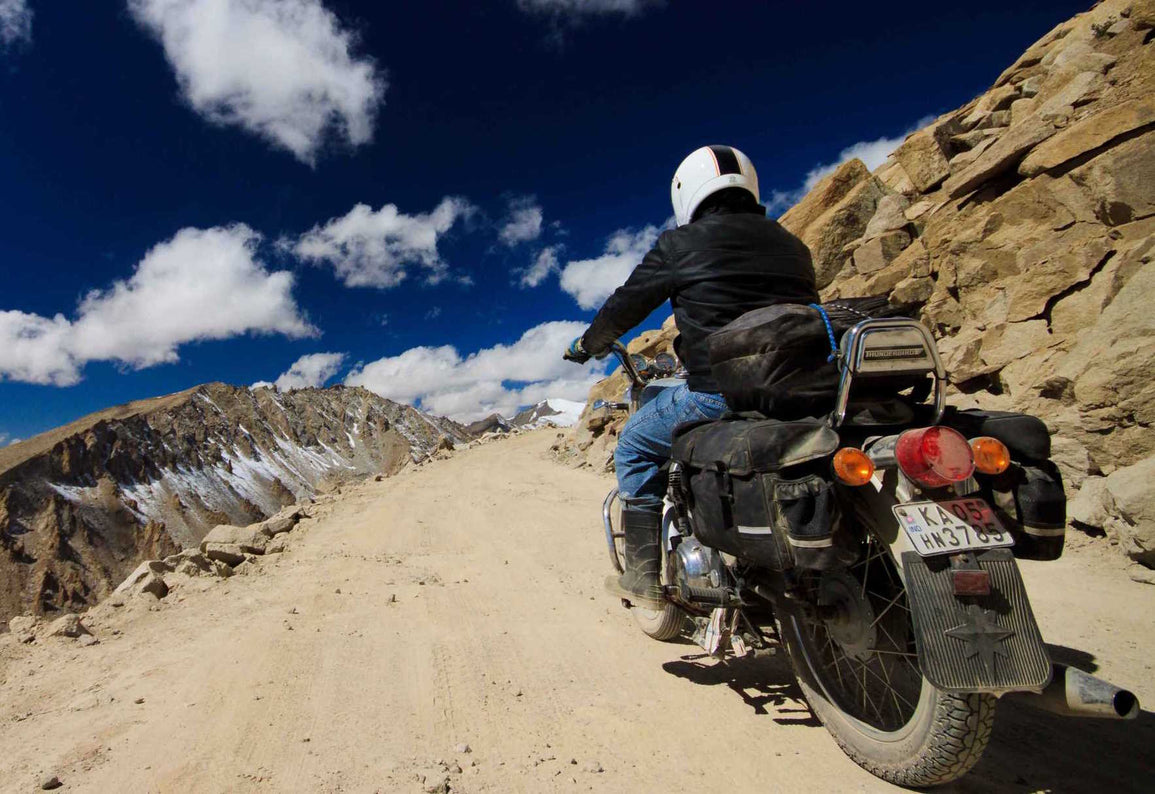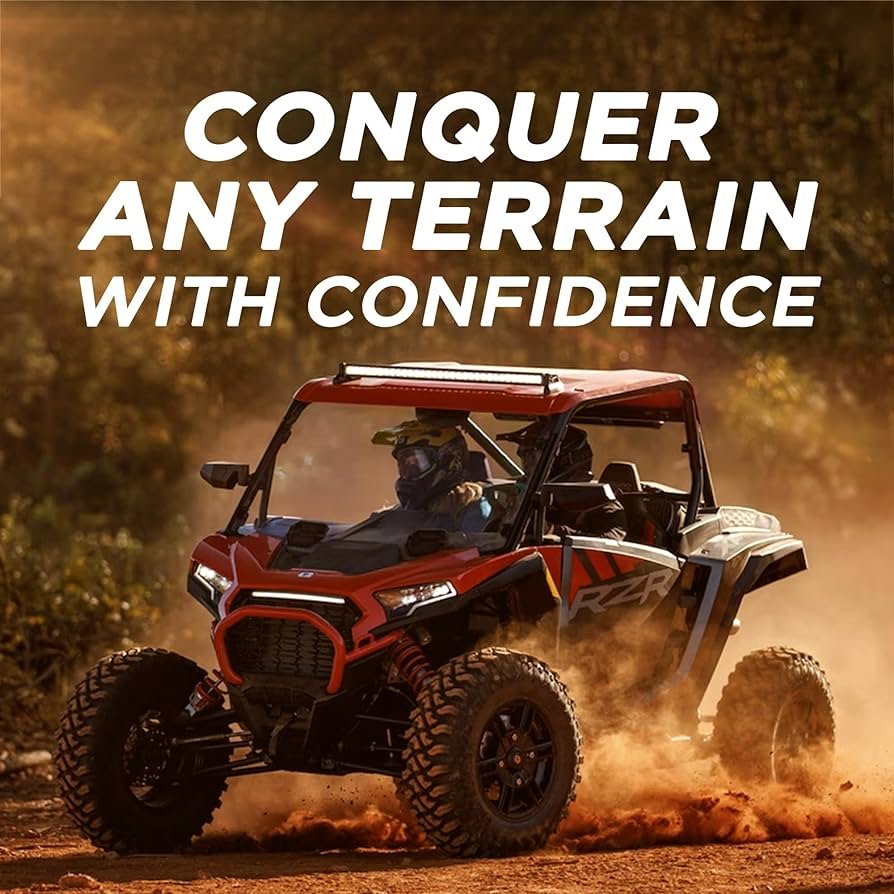Prepare your vehicle and know the terrain for safe off-roading. Always travel with emergency gear and communicate your plans.
Venturing into off-road adventures offers a thrilling escape from paved roads, demanding a mix of skill, preparation, and respect for the natural environment. Strongly rooted in the realm of outdoor enthusiasts, off-roading requires an understanding of your vehicle’s capabilities and limitations.
A well-rounded introduction to off-road tips involves emphasizing the significance of vehicle maintenance, including the inspection of tires, brakes, and suspension before embarking on uneven trails. It also involves familiarizing oneself with the topography and weather conditions of the destination to plan the journey accordingly. The excitement of conquering challenging landscapes also necessitates safety precautions, such as carrying essential tools, a first aid kit, and spare parts, as well as informing someone about your travel itinerary. Embracing these tips ensures that off-road adventurers can enjoy their excursion with confidence, preparedness, and a sense of responsibility towards the trails they traverse.
Off-road Tips For Adventure Seekers
Off-roading is a thrilling activity that requires thorough knowledge and preparation. Ensuring your vehicle is well-equipped and suited for the unpaved terrain is critical. Keep in mind, reliable off-road tires, a robust suspension system, and skid plates are essential for safeguarding your vehicle’s undercarriage against rough terrain. It’s crucial to acknowledge different terrain types, such as mud, sand, rocks, or snow, as each presents unique challenges; hence, modifying driving techniques and vehicle setup is indispensable.
Before embarking on an off-road adventure, familiarize yourself with safety protocols and emergency procedures. Carry a comprehensive emergency kit, which includes items like first aid supplies, a spare tire, a winch, and recovery straps. Additionally, investing in a GPS device or topographic maps is wise to navigate remote areas. Remember that constant vigilance and a calm demeanor during challenging situations can greatly enhance your overall safety.
Gear Up With The Right Equipment
Gearing up with the right equipment is vital for an exhilarating and safe off-road adventure. Essential gear includes items such as a high-quality winch, shovels, and durable tow straps. Air compressors and tire deflators are indispensable for adjusting tire pressure to suit the rugged terrain.
It’s crucial to have navigational tools like GPS systems or detailed paper maps to ensure you never lose your way. Even in this digital age, a compass can be a fail-safe option.
Communication devices tailored for remote areas, such as satellite phones or two-way radios, are imperative for maintaining contact with the outside world or for emergencies where cell phone service is non-existent.
Always carry a recovery kit to tackle unexpected situations. This includes items like snatch blocks, tree trunk protectors, and recovery dampeners. Having a comprehensive recovery kit can mean the difference between being stranded and making it out of a tight spot.
Vehicle Preparation And Maintenance
Embarking on a thrilling off-road adventure necessitates a meticulous vehicle check-up to ensure safety and performance. It is vital to run a full inspection of the engine, ensuring oil, coolant, and fluids are at optimum levels. A thorough check of the battery condition, brakes, and lights is also crucial. Keep a keen eye on the hoses and belts for any signs of wear or degradation. Always have an up-to-date emergency kit and tools on board.
To bolster your vehicle’s ability to tackle challenging terrain, consider making strategic upgrades. A lift kit can provide the necessary clearance for steeper inclines and larger obstacles. Skid plates add a layer of protection for vulnerable undercarriage parts. Investing in a winch can prove invaluable in tough situations, and off-road lighting ensures visibility during nighttime adventures.
| Tire Type | Benefits | Air Pressure Tip |
|---|---|---|
| All-Terrain | Balance between off-road capability and road manners | Adjust based on terrain; lower pressure can increase traction |
| Mud-Terrain | Aggressive tread for maximum grip in muddy conditions | Keep pressure low to prevent sinking in soft ground |
The suspension system plays a pivotal role in off-roading as it absorbs impacts and maintains wheel contact on uneven ground. A quality suspension lift not only allows for fitting larger tires but also improves ground clearance. Regular inspections for the shock absorbers and springs are paramount to maintain top vehicle control and comfort while traversing rugged landscapes.
Master Off-road Driving Techniques
Mastering off-road driving requires a keen understanding of how to balance speed with control on jagged terrains. Tackling uneven surfaces necessitates a gentle throttle to maintain traction, while ensuring enough momentum to overcome obstacles. Strategic throttle modulation helps in navigating without causing undue strain on the vehicle.
Navigating across rocks, mud, and water entails careful observation and selecting the optimal path to minimize risk. Utilize low gear ratios and maintain a steady pace to ensure stability. Avoid sudden turns or stops to prevent getting stuck or damaging the vehicle.
Hill climbing demands a constant speed, approaching the incline head-on, and utilizing a vehicle’s power effectively. During descent, engage low gears and use engine braking to manage the downward momentum. Always be prepared for potential rollbacks and keep a firm hold on the steering wheel.
Understanding when and how to use winching and towing equipment is pivotal. Assess the surroundings before deploying winches to ensure a secure anchor point. Similarly, proper towing requires assessing both vehicle’s capabilities and ensuring you have the necessary strength-rated ropes or chains for safety.
Navigate Natural Obstacles
Proper assessment of the water’s depth and current is critical before attempting a crossing. Ensure your vehicle’s air intake is high enough to prevent engine flooding. Engage 4WD and maintain a steady pace, creating a small bow wave in front. Avoid water that’s above your vehicle’s maximum wading depth.
Rock crawling demands low-speed control and precise wheel placement. Use a spotter to navigate around obstacles. Keep your tires’ pressure lower to increase grip, and ensure your vehicle is equipped with protective gear like skid plates to prevent damage.
Momentum is your ally in sand and soft soils; avoid rapid acceleration or deceleration to prevent getting stuck. Equip your vehicle with sand tracks or boards if traversing particularly loose terrain. Regular tire deflation increases the contact surface and provides better traction.
Approach fallen trees at an angle, one wheel at a time, using the vehicle’s ground clearance to your advantage. For narrow passes, folding in mirrors and scouting ahead on foot can prevent vehicle scratches and ensure the path is clear.

Credit: www.highnoteperformance.com
Practical Off-road Tips For Adventure Seekers
Off-road adventures demand environmental consciousness and adherence to Leave No Trace principles to minimize the ecological impact. Respect habitats by staying on designated trails, disposing of waste properly, and minimizing campfire impact. It’s essential to act responsibly, ensuring both nature’s wellbeing and the enjoyment of future explorers.
Understanding trail etiquette contributes to a harmonious adventure. Yield to uphill traffic, communicate with fellow trail enthusiasts, and maintain a reasonable pace to avoid causing inconvenience or harm. A friendly approach and considerate behavior make the off-road experience pleasant for everyone involved.
Variable weather conditions can significantly impact off-road experiences. Always check forecasts ahead of time, and be prepared with the proper gear and supplies. Quick adaptation to unexpected changes in weather keeps you safe and ensures a positive experience.
Effective off-road trip planning is pivotal for a successful outing. Coordinate with your group regarding the route, establish meeting points, and decide on effective communication methods. Pre-trip coordination enhances safety and ensures everyone knows the plan, allowing for a smoother adventure.
After The Adventure
Post-trip vehicle care and inspection are crucial to maintaining the longevity and performance of your off-road machine. After returning from a thrilling journey, take time to thoroughly clean your vehicle to prevent rust and damage. Examine the tire treads for signs of uneven wear and potential hazards such as punctures. Checking fluid levels and looking for any leaks can prevent mechanical failures on future trips. Remember, regular maintenance ensures a reliable off-road experience.
Reviewing what worked and what didn’t is invaluable for personal growth and preparedness for your next off-road adventure. Note the performance of your gear and modifications, and consider areas for improvement. This self-assessment fosters better decision-making for future escapades.
Engaging with a community of enthusiasts by sharing stories and tips is not only rewarding but also enhances knowledge. The collective wisdom gained through such community engagement benefits everyone within the off-roading circle and strengthens camaraderie.
Frequently Asked Questions Of Off-road Tips
What Are The Tips For 4 Wheeling?
1. Equip your vehicle with off-road tires and a high-clearance lift kit. 2. Learn proper tire pressure adjustment for varying terrains. 3. Always carry recovery gear and emergency supplies. 4. Know your vehicle’s capabilities and limitations. 5. Respect the environment by adhering to designated trails.
How Do You Not Get Stuck Off-roading?
To avoid getting stuck while off-roading, choose the right vehicle, use appropriate tires, maintain momentum, know the terrain, and carry recovery equipment.
Is Offroading An Expensive Hobby?
Offroading can be costly due to maintenance, upgrades, and potential repairs. Investing in a capable vehicle and safety gear adds to expenses. Despite this, budget-conscious enthusiasts find ways to enjoy the hobby economically.
What Is The King Of Off Road?
The Jeep Wrangler is often hailed as the king of off-road vehicles for its exceptional capabilities and ruggedness.
Conclusion
Exploring rugged terrain requires skill and preparation. With these off-road pointers, you can navigate wild paths safely and enjoyably. Remember, proper vehicle maintenance and a respect for nature are key. Embark on your next adventure with confidence, harnessing the knowledge shared here for a thrilling yet secure journey.
Happy off-roading!




